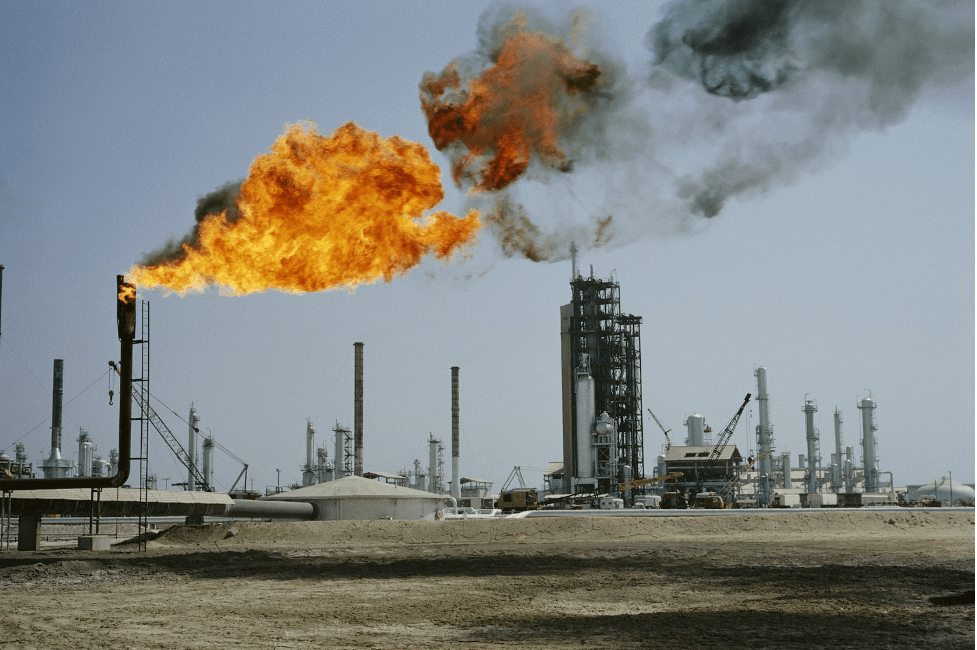Coal, oil, and gas have fueled progress over the past three centuries. The destruction of the economy and the environment will result from burning much of what is left. Climate change has reached catastrophic proportions. Thousands of people have been killed in New York City subway floods brought on by rising sea levels. Life-saving medications like insulin, food, and consumer goods are hard to come by.
While the renewable energy market may be estimated to grow, many of our daily commodities continue to partly use some form of fossil fuels. This makes us wonder whether a world without fossil fuels is actually possible. In this article, we will explore 5 reasons a world without fossil fuels is not practical.
The possibility of chemically rebuilding fossil fuels to create sustainable energy.
Burning fossil fuels like coal, oil, or gas results in the production of energy that we use, as well as byproducts like water and carbon dioxide. CO2 is proving to be a problem; humans have increased the amount in the atmosphere by approximately 40%, resulting in a 1-degree Celsius global temperature thus far.
However, it is possible to produce additional fuels with the energy to ensure a consistent and predictable power supply in the future. This process creates a closed, long-lasting cycle if we use solar energy.
Artificial photosynthesis research is currently attracting a lot of attention. Photosynthesis is the cycle completed by plants to store the oriented energy, indirectly making petroleum derivatives, mimicking nature.
Can green energy replace fossil fuels?
Technically, green energy could replace fossil fuels to its availability. Renewable energy sources can be found in every country globally, and their potential has yet to be fully utilized. The International Renewable Energy Agency (IRENA) appraises that 90% of the world’s power can and ought to come from sustainable power by 2050.

-
Green energy revolution
The transition from burning fossil fuels like oil, coal, and gas to producing clean energy from renewable sources is known as the “green energy revolution”.
-
Green energy investment
Renewable energy investments can be made in one of two ways: purchasing the stocks or bonds of the electricity or utility companies that provide the energy or those that produce components for the equipment needed to generate power.
In Egypt, industrial groups like Anchorage Investments, one of the largest Egyptian petrochemical corporations, are dedicated to ensuring sustainability throughout their business operations and how they tackle their projects. Aiming to utilize and train resources from nearly every region the group operates in, the company is determined to develop management plans appropriate to the local and current market conditions and materials.
Renewable energy vs fossil fuels
| Renewable energy | Fossil fuels |
| – Definition: While fossil fuels can take millions of years to replenish and cause significant damage to our environment, green energy comes from natural resources and is sustainability sourced and can never run out.
– Employment in green energy is expected to grow exponentially in the coming decades. – Consumption: Despite the large use of renewable energy, there is still demand for fossil fuels. The global use of green energy use is still less than 40%. – Price: The price of renewable energy has been surprisingly decreasing compared to fossil fuels. Solar power has been estimated to have dropped 80% in price in the past decade. |
– Definition: Fossil fuels or petroleum products emanate CO2 while consumed, adding to greenhouse gases, and resulting in climate change.
– Employment in fossil fuels is expected to decrease. – Consumption: Fossil fuels are largely used to produce our daily commodities, making them remain in demand. – Price: Fossil fuels have actually been going up in price compared to renewable energies. Noting the current changes in supply due to wars and other crises, certain fossil fuels have increased in price. |
Can the world run without fossil fuels?
Having said all the above, can the world run without fossil fuels? Let’s finally look at the 5 reasons why a world without fossil fuels may not be so practical after all.
- Nearly 85% of the world’s energy consumption is accounted for by fossil fuels. While environmentally friendly power contains only 5% of the world’s energy supply.
- Our standard of living would suffer if fossil fuels were eliminated. For instance, during heat waves that cause blackouts, we see the insufficiency of energy supply from sustainable resources such as natural gas.
- Abolishing the use of fossil fuels would drastically affect certain economies. The United States ranks highest in the world for crude oil exports; therefore, ceasing to use fossil fuels would significantly affect its GDP.
- Ending the use of fossil fuels could also harm developing countries. The World Health Organization says about 38% of the world’s population cooks and heats with dirty and polluting fuels.
- Finally, it is challenging to have renewable energy without fossil fuels, as many parts of green energy providers use some fossil fuels.
In conclusion, renewable energies are readily available, and despite the future of the green energy market, fossil fuels continue to be in high demand. Although current research is exploring ways to make renewable energy much more efficient and effective.
In our present world, abolishing fossil fuels is unlikely as many countries continue to depend on petroleum to sustain our daily lifestyles and economies.
